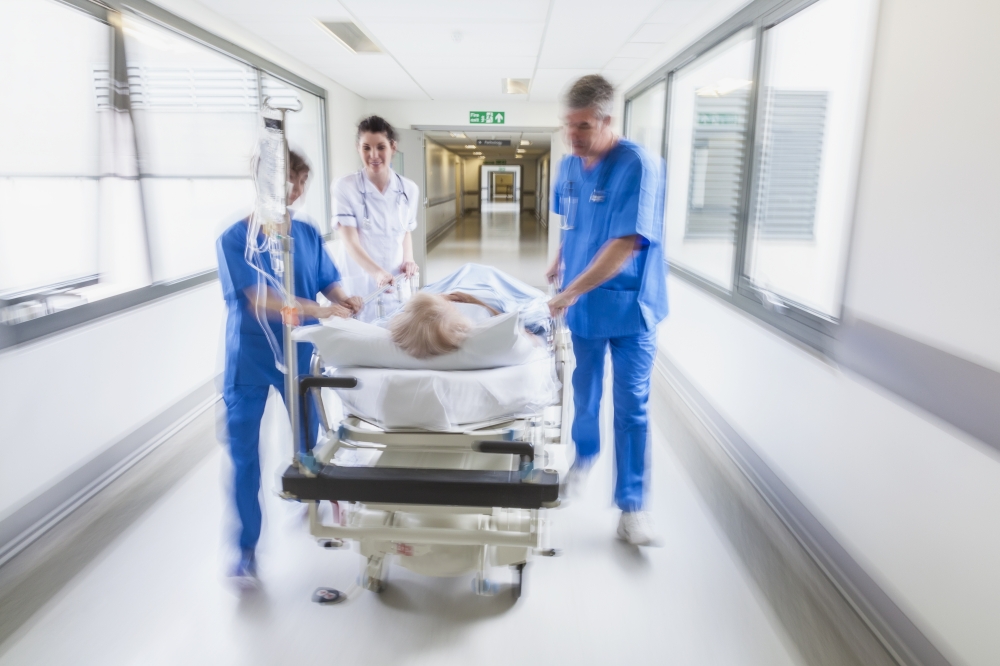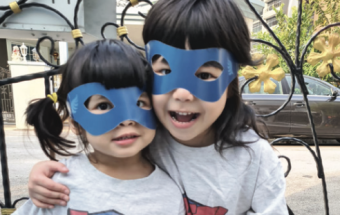It was around 16:30 that Michelle experienced the first symptoms. She was busy moving furniture to clean the living room and suddenly felt ill. Leaning against the wall, she went down on her haunches to gather herself. When she tried to get back up, she could not get her body to work. She called out for her husband to help, but no sound came.

Finding her on the floor, Michelle’s husband panicked, at a loss as to what to do. He phoned their daughter, who told him to call for an ambulance. Michelle arrived at the hospital at around 17:20, barely conscious and still unable to speak or move her right hand.
Curiously, there was no real rush at the hospital as they waited to see a doctor. Perhaps it was because Michelle did not appear to be in pain, and was lying quietly in the emergency ward, while more “serious" patients were being attended to. It wasn’t until over 6 hours later that a nurse became concerned that her symptoms had not improved and called the specialist. The specialist requested a CT scan, which showed a severe stroke. By that time it was far too late to administer thrombolysis and supportive treatment was started.
After spending the next month in and out of ICU, Michelle was transferred to a stroke rehabilitation hospital. Two months later, the family were excited as the doctors prepared to remove her tracheostomy. Up to that point they had been trying to understand Michelle by reading her lips, as she could not speak with the tracheostomy. They could not contain their disappointment following the removal, as the words that came out were mostly incomprehensible. The speech therapist diagnosed her with Wernicke's aphasia, she could speak fluently, but the words were meaningless.
Michelle is home now and has shown some recovery. She has managed to regain control of her bowel movements but is still wearing adult nappies, just in case. She can walk with some assistance and is starting to use her right hand to comb her hair again, but her speech is still heavily affected.
Above all, the biggest impact of Michelle’s stroke is undoubtedly the psychological one on both her and her family. Michelle is on two antidepressants, yet still experiences regular outbreaks of intense depression, often expressed as crying or extreme outbursts of anger against whoever is nearby at the time. Her life as she knew it is gone; the person that she used to be, a distant memory.
People that know her hardly recognise her these days. Michelle was a dynamic woman, a well-respected teacher, wife, mother and grandmother. These days it's hard to imagine that this woman used to rule the world around her with such an iron fist.
All that remains are unanswered questions. Why did it take so long for someone at the hospital to realise she was having a stroke? What could life have been like, if she had been treated earlier?
The Angels mission is designed to give stroke patients like Michelle the best chance of leaving the hospital able to live the life they had before. Stroke needs to be recognised early and treated as an emergency. Treatment in organised stroke networks makes a difference, a difference bigger than we can ever imagine.


